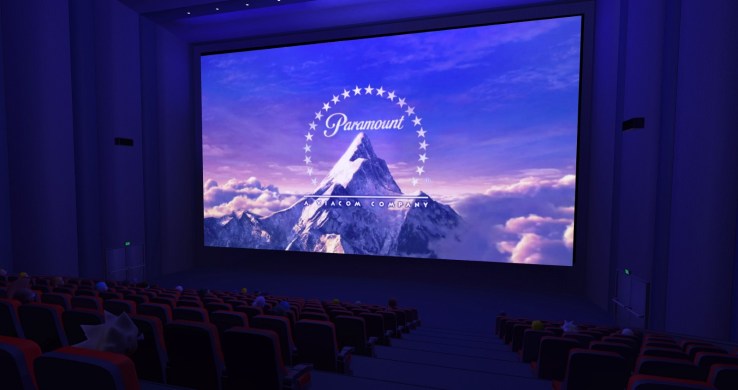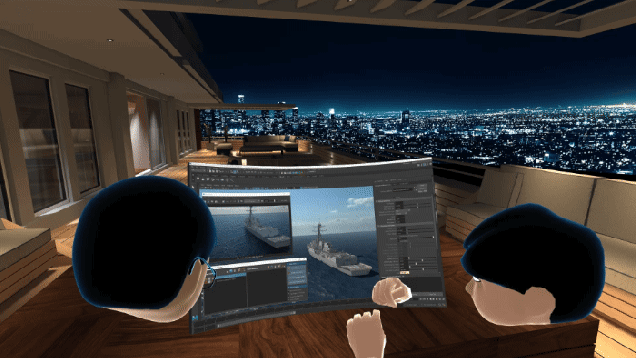Bigscreen nabs $11M in funding as it looks to build the perfect virtual movie-watching app

Big screens apparently mean big money.
Virtual reality remote desktop app Bigscreen has added $11 million in Series A funding to its pocketbooks as it looks to weather some waning investor interest in VR and build up its technologies while the VR headset market builds itself up.
The round was led by True Ventures, with previous investor Andreessen Horowitz participating as well. The WSJ first reported the funding news.
Bigscreen uses remote desktop streaming to let multiple users view content from their PC’s screen inside VR. The platform is currently available on the Oculus Rift and HTC Vive, and will be launching next week on Microsoft’s VR headset platform.
Right now the main focus for the technology is in watching videos; the company recently unveiled a huge, dynamically lit movie theater environment which users have apparently spent a bunch of time in. The company announced in a blog post today that it now has more than a quarter-million registered users, also noting that its power users spend between 20-30+ hours in the app per week.

Down the road the company is interested in seeing where its VR technologies can take productivity.
“The original inspiration for Bigscreen was to build virtual office systems, that is still one of the applications that we think is really important for VR and on Bigscreen. So, we’re going to continue to focus on that over time,” said CEO Darshan Shankar.
Bigscreen just raised a $3 million seed round in February from Andreessen Horowitz and others, but the lean remote team hasn’t gone through much of that money. This raise is largely focused on the future, Shankar tells TechCrunch.
“For the past year, seed and Series A funding for VR has effectively dried up completely. Not a lot of new investments in VR over the past year that I’ve seen,” said Shankar. “We’re doing really well and we want to make sure that we have money over the next several years to pursue our ambitious stuff and not raise money when we’re out of money.”